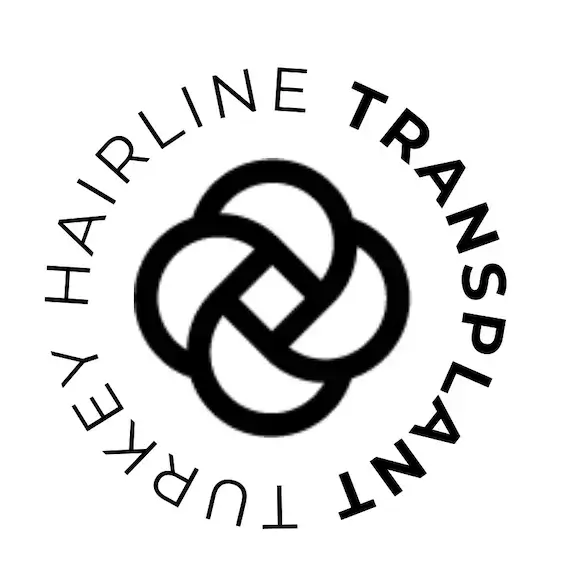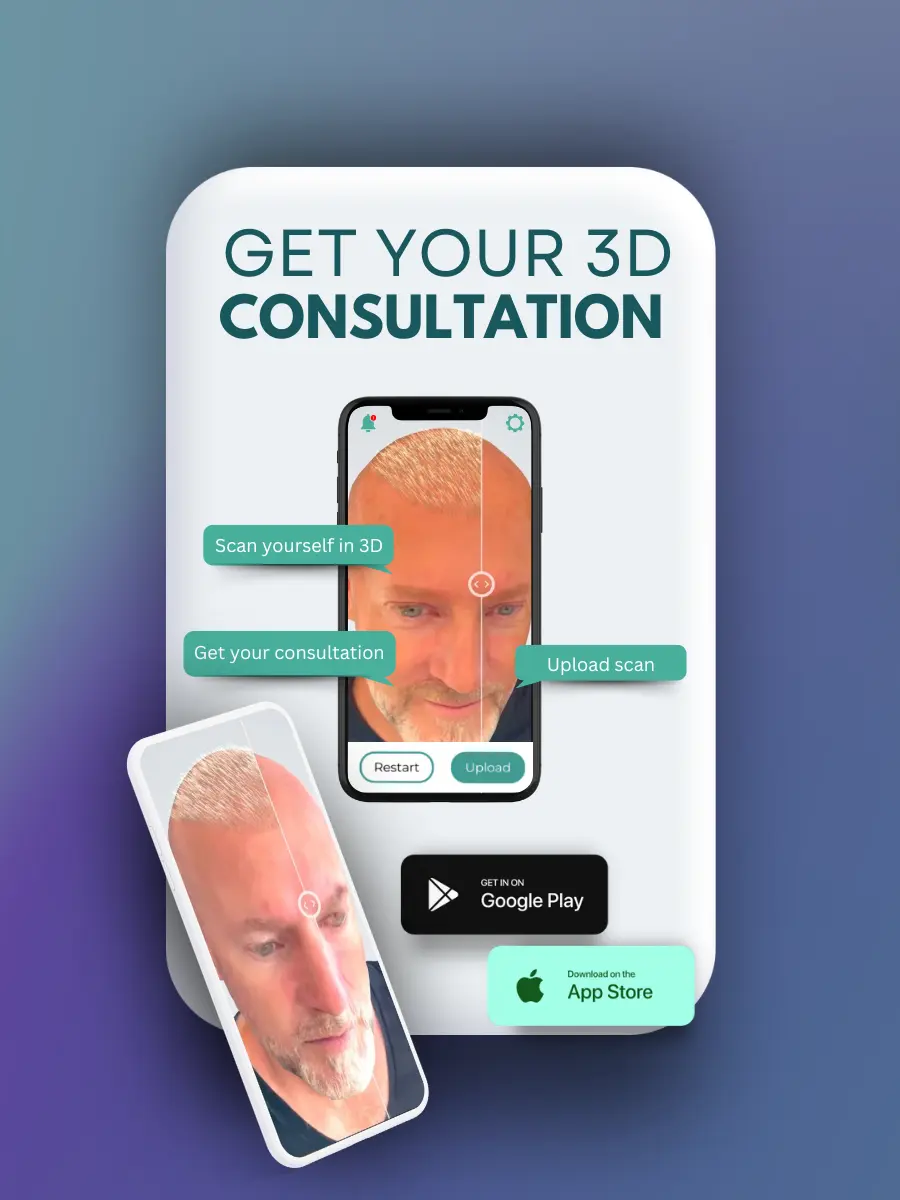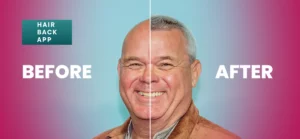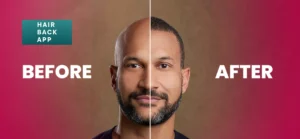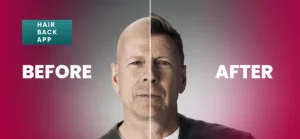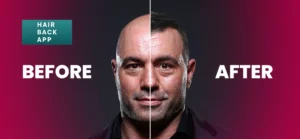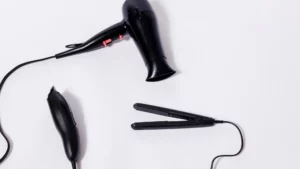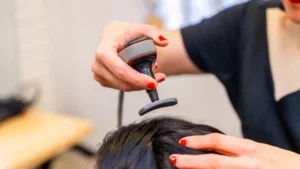For many of us, coffee is a daily ritual that brings comfort and energy. However, if you’re recovering from a hair transplant, your caffeine fix might need a temporary pause.
One of the most frequently asked questions is: Can I drink coffee after hair transplant?
The short answer? Not immediately! My name is Emma Wright, your resident hair restoration specialist. Today, we’ll be discussing coffee after hair transplants.
Why Coffee Isn’t Ideal Right After a Hair Transplant
-
Caffeine and Blood Pressure
Caffeine temporarily raises blood pressure, leading to increased blood flow and pulsation in the scalp. This increase in blood pressure might seem harmless, but for freshly transplanted grafts, it poses a risk.
The delicate hair follicles are still anchoring into their new positions. Excess blood flow can create excessive pressure on these fragile grafts, potentially leading to graft displacement, minor bleeding, and compromised results.
Even minor disruptions in this early stage can delay healing and impact the final appearance of your hairline. Therefore, giving your grafts the best chance to settle by avoiding coffee for now is crucial.
Additionally, elevated blood pressure can increase swelling around the forehead and scalp, further complicating recovery. Minimizing this risk ensures that the scalp remains stable and heals without unnecessary stress.
-
Dehydration Risks
Hydration is crucial for healing because it ensures stable blood flow and nutrient delivery to hair follicles. Coffee’s diuretic properties can cause dehydration, risking brittle and thinning hair.
Dehydration also affects your body’s ability to circulate oxygen-rich blood, essential for the growth and nourishment of newly implanted hair follicles. When your body lacks proper hydration, the scalp becomes less elastic, which may impede optimal graft survival.
Moreover, dehydration can reduce the efficiency of nutrient absorption needed to strengthen hair follicles. Proper hydration helps flush toxins from the body, supporting overall immune function—a vital part of your healing process.
Drinking adequate water ensures the scalp stays nourished, the skin remains supple, and the hair follicles receive the best environment to grow.
How Soon Can You Resume Coffee?
Typically, you can start drinking coffee one to two weeks after your hair transplant. This period allows grafts to stabilize without unnecessary stress. However, recovery times vary based on individual factors and the procedure type.
Advanced techniques like DHI (Direct Hair Implantation) can reduce recovery time. Clinics like IdealofMed and Ageback.co have a team of experts that uses cutting-edge methods to ensure faster healing, meaning you can enjoy your coffee sooner!
Other Drinks to Avoid Post-Transplant
While coffee is a common concern after a hair transplant, several other beverages can also hinder your recovery process. Avoiding these drinks during the critical healing period will give your newly transplanted hair the best chance to grow and thrive.
Here’s why you should steer clear of them:
-
Energy Drinks and Sodas
Energy drinks and sodas are often packed with high levels of caffeine and sugar. Caffeine, as discussed, can raise blood pressure and lead to dehydration, both of which pose risks to the newly implanted grafts. The spike in blood pressure can increase scalp blood flow and cause delicate grafts to shift or dislodge, potentially leading to bleeding or delayed healing.
Additionally, the excess sugar in these beverages can contribute to inflammation throughout the body. Inflammation can weaken the body’s immune response and slow down recovery, affecting the proper integration of the hair follicles. Dehydration caused by these drinks also means fewer nutrients and oxygen are delivered to the scalp—both essential for the survival and growth of new hair.
Tip: Instead of sugary sodas, choose infused water with fruits like lemon or cucumber. These options keep you hydrated and support healing.
-
Alcohol
Alcohol should be strictly avoided during the initial recovery period for several reasons. Firstly, alcohol acts as a blood thinner, which can increase the risk of bleeding during and after the procedure. Bleeding may disrupt the placement of grafts, potentially reducing the success rate of the transplant.
Moreover, alcohol can cause dehydration, a major barrier to proper healing. Dehydration restricts blood flow to the scalp, limiting the delivery of essential nutrients that help new hair grow. Alcohol consumption can also increase excessive sweating, particularly in warmer environments or after a night of drinking. Excess sweating can introduce bacteria into healing incisions, raising the risk of infection.
Additionally, alcohol may interfere with medications prescribed post-surgery, including antibiotics or pain relievers, making them less effective or causing adverse reactions.
Tip: Opt for hydrating beverages like coconut water or electrolyte-rich drinks (without added sugar) to keep your body nourished and scalp hydrated.
-
Sugary Drinks
Sugary drinks such as fruit juices with added sugar, sweetened teas, and flavored waters might seem harmless, but they can significantly delay recovery. Excessive sugar intake contributes to inflammation in the body, which can weaken the immune system and impair wound healing. This prolonged inflammation might cause the scalp to become tender for longer periods, increasing the chances of complications during recovery.
Moreover, sugar spikes insulin levels, which can disrupt the body’s natural healing processes and affect how nutrients are absorbed. Since hair follicles rely on a steady supply of nutrients like zinc, iron, and vitamins for growth, any disruption can delay the growth of new hair.
Another overlooked issue is that high sugar intake can cause fluctuations in energy levels, potentially affecting sleep quality. Quality sleep is crucial after surgery, as most of the body’s recovery work occurs during deep sleep cycles.
Tip: Unsweetened herbal teas, such as chamomile or peppermint, are great alternatives. They not only hydrate but also offer calming effects that can aid restful sleep.
Best Alternatives to Coffee After Hair Transplant
If you’re used to starting your day with a cup of coffee, giving it up—even temporarily—can feel challenging. However, there are plenty of delicious, energizing, and healthy alternatives that won’t interfere with your hair transplant recovery.
These beverages not only support healing but also provide various health benefits that contribute to long-term hair growth success.
Here are some of the best coffee alternatives to keep you refreshed and energized while your scalp recovers:
Herbal Teas
Herbal teas are an excellent substitute for coffee during recovery because they’re naturally caffeine-free and come with a range of health benefits.
- Peppermint Tea: Known for its cooling and soothing effects, peppermint tea helps reduce stress and promotes relaxation—both vital for recovery. It also supports digestion, ensuring that your body absorbs nutrients efficiently, which is crucial for hair growth.
- Chamomile Tea: Renowned for its calming properties, chamomile tea helps improve sleep quality. Since most healing happens during deep sleep, this tea can support faster recovery. Additionally, chamomile contains antioxidants that can reduce inflammation, supporting scalp healing.
- Rooibos Tea: This tea is packed with antioxidants and minerals like zinc and calcium. Zinc, in particular, plays an essential role in hair tissue growth and repair.
- Ginger Tea: Ginger’s anti-inflammatory properties help reduce scalp swelling and support blood circulation—both of which benefit hair growth.
Tip: Add a slice of lemon or a bit of honey for extra flavor and immune-boosting benefits.
Chicory Root Coffee
For coffee lovers who miss the rich, roasted flavor, chicory root coffee is a fantastic alternative. It offers a taste remarkably similar to coffee but without the caffeine, making it safe during the sensitive recovery period.
Chicory root is rich in inulin, a type of prebiotic fiber that supports gut health. A healthy digestive system ensures your body efficiently absorbs essential nutrients like iron, zinc, and vitamin C, all critical for healthy hair growth. Chicory coffee also contains anti-inflammatory properties, helping reduce swelling and promoting overall healing.
Unlike regular coffee, it won’t spike your blood pressure or cause dehydration. Plus, it’s naturally free of sugar and low in calories, making it a healthy addition to your recovery diet.
Tip: Brew chicory root coffee just like regular coffee and enjoy it with a splash of almond or oat milk for a creamy texture.
Nutritious Smoothies
Smoothies are a powerhouse of nutrients and an excellent coffee alternative. They provide natural energy boosts without the downsides of caffeine and are easy to digest, making nutrients readily available for healing.
- Berry Smoothies: Berries like strawberries, blueberries, and raspberries are rich in antioxidants that help combat inflammation and support scalp recovery. They also contain vitamin C, which aids collagen production, strengthening hair follicles.
- Green Smoothies: Spinach, kale, and avocado are loaded with iron, vitamin E, and omega-3 fatty acids, all essential for hair growth. These ingredients help improve blood circulation to the scalp, ensuring hair follicles get enough oxygen and nutrients.
- Protein-Packed Smoothies: Protein is a key building block for hair. Adding ingredients like Greek yogurt, chia seeds, or nut butter provides the protein needed to support new hair growth.
- Citrus Boost Smoothies: Oranges, lemons, and grapefruits are rich in vitamin C and help improve iron absorption, which is vital for healthy hair follicles.
Tip: Blend your smoothie with coconut water instead of regular water for an added boost of electrolytes to support hydration.
Other Great Alternatives
- Golden Milk (Turmeric Latte): Made from turmeric, milk (or plant-based alternatives), and a hint of honey, golden milk is both anti-inflammatory and comforting. Turmeric contains curcumin, which helps combat inflammation and supports the immune system.
- Warm Lemon Water: This simple yet powerful drink keeps you hydrated and provides a vitamin C boost to help your body absorb iron, a mineral essential for hair growth.
- Decaffeinated Green Tea: Green tea contains antioxidants that support overall health. Opting for a decaffeinated version ensures you avoid the dehydrating effects of caffeine while still enjoying the health benefits.
- Coconut Water: Naturally hydrating and rich in electrolytes, coconut water supports healthy blood circulation—critical for nourishing newly transplanted hair follicles.
Common Questions About Coffee After Hair Transplant Recovery
Can You Drink Coffee After a Hair Transplant?
Coffee is a daily ritual for many, providing comfort and energy. However, after a hair transplant, it’s best to hold off. Caffeine can slow your recovery and potentially harm newly transplanted hair. While this may seem inconvenient, it’s only a temporary pause for long-term results.
What Foods Should You Avoid After a Hair Transplant?
The right diet supports faster healing. Here’s what to avoid:
- Spicy foods that may increase blood pressure and lead to bleeding.
- Processed foods with low nutritional value that can delay recovery.
- High-sugar snacks that can cause inflammation and slow the healing process.
What Can Damage a Hair Transplant?
Protect your investment by avoiding these common pitfalls:
- Touching or scratching the scalp, which can dislodge grafts.
- Excessive sweating, which increases infection risks.
- Wearing tight hats that restrict airflow to grafts.
- Exposure to direct sunlight, as UV rays can damage healing skin.
What Can You Drink After a Hair Transplant?
Staying hydrated is crucial. Opt for:
- Water, the best choice for hydration.
- Herbal teas like chamomile and peppermint that offer soothing effects.
- Smoothies rich in antioxidants and vitamins to support healing.
Can Transplant Patients Drink Coffee?
Yes, but timing is everything. Most patients can resume coffee consumption one to two weeks post-procedure, depending on individual recovery rates and the method used.
What Is Not Allowed After a Hair Transplant?
For a smooth recovery:
- Avoid alcohol, as it increases bleeding risks and dehydration.
- Refrain from smoking, which restricts blood flow and delays healing.
- Hold off on heavy exercise for at least two weeks.
- Skip hair products with chemicals that can irritate the scalp.
Can I Drink Coffee After Hair Transfer?
Whether you’re asking about hair follicles or organ transplants, the rule remains: avoid coffee for at least one to two weeks post-procedure. For hair transplants, caffeine can elevate blood pressure and slow healing.
Can I Drink Coke After a Hair Transplant?
Coke and other sodas contain caffeine and sugar, which can:
- Lead to dehydration.
- Increase inflammation.
- Slow down the healing process.
Final Thoughts
While giving up coffee for a short period may feel challenging, prioritizing your recovery is key. Our expert guidance ensures you’ll return to your favorite cup in no time. Don’t wait—book your consultation today or chat with us on WhatsApp. Your new hairline (and coffee) awaits!
